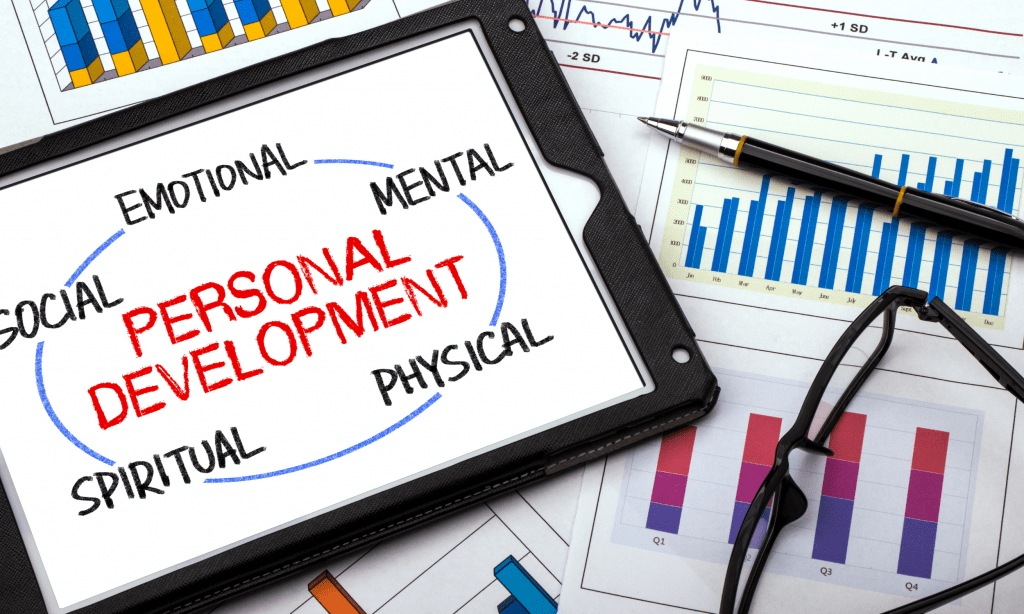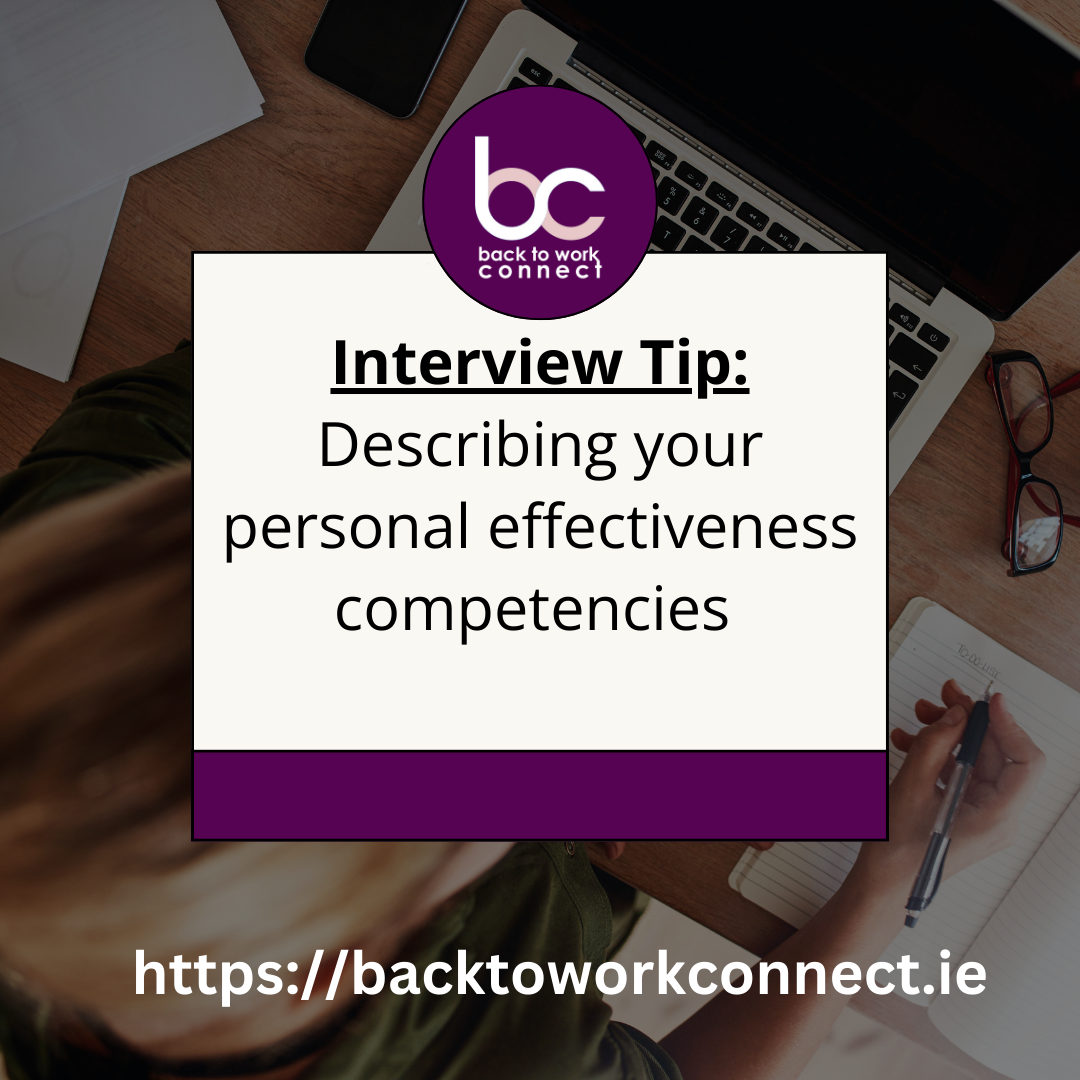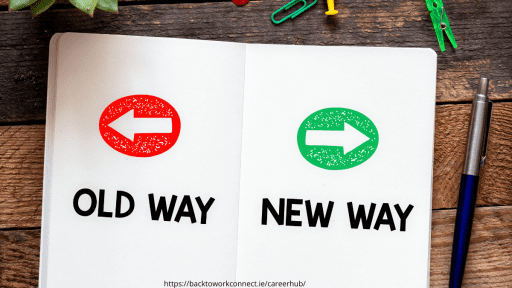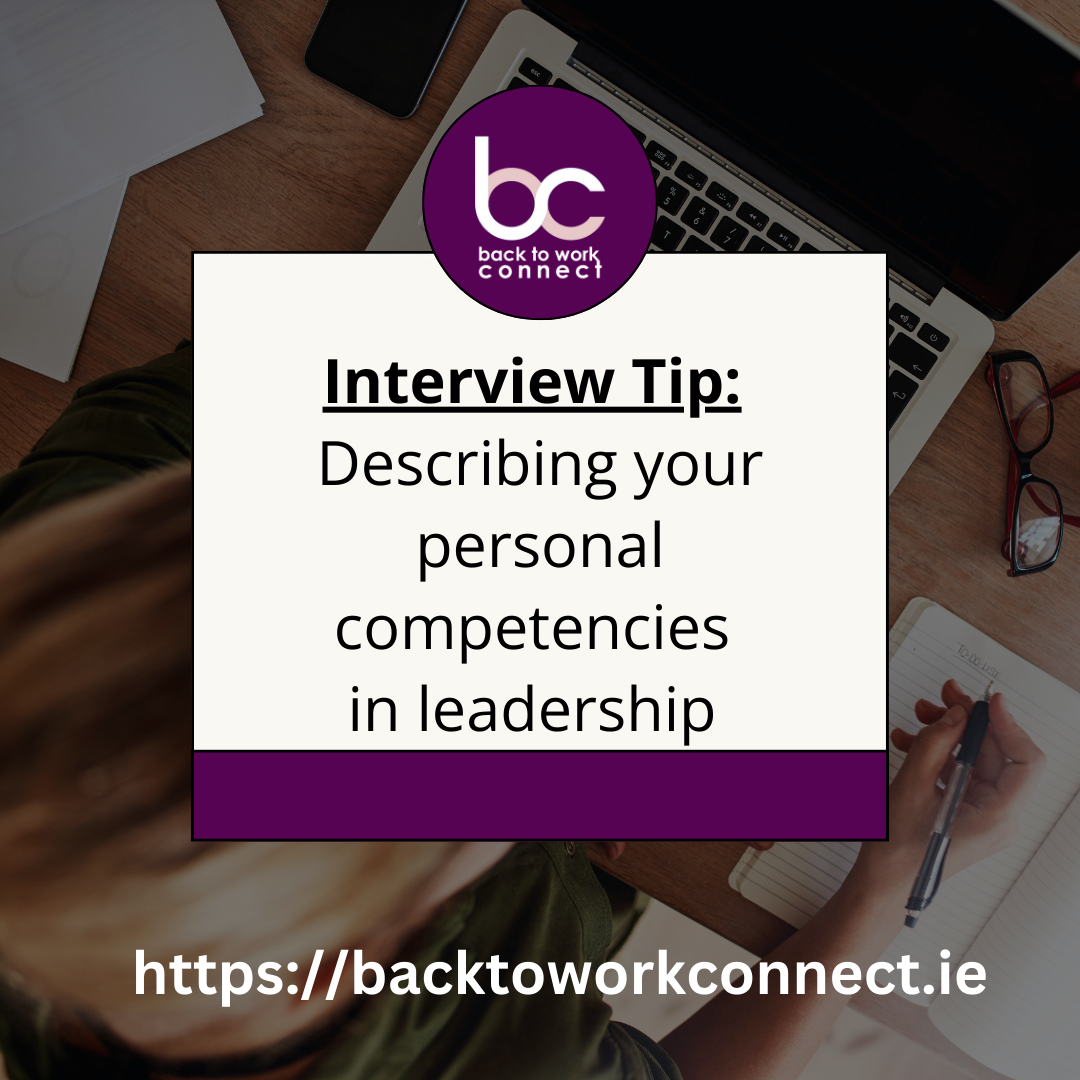Personal effectiveness can manifest in various ways in different aspects of your life. Here are some examples of personal effectiveness in various areas:
Time Management:
Consistently meeting deadlines at work or school.
Effectively prioritizing tasks to maximize productivity.
Maintaining a healthy work-life balance.
Communication:
Giving clear and concise presentations.
Actively listening and showing empathy in personal relationships.
Resolving conflicts through open and effective communication.

Goal Achievement:
Setting and accomplishing personal or professional goals.
Using SMART (Specific, Measurable, Achievable, Relevant, Time-bound) criteria to track progress.
Adaptability:
Successfully adjusting to changes in the workplace or personal life.
Learning new skills or technology quickly and efficiently.
Problem-Solving:
Identifying challenges and finding creative solutions.
Analyzing complex issues and making informed decisions.
Leadership:
Inspiring and motivating a team to achieve common goals.
Leading by example and being a role model for others.
Organization:
Maintaining an orderly and clutter-free workspace.
Developing and sticking to a well-structured daily routine.
Self-Management:
Demonstrating emotional intelligence and self-control in stressful situations.
Practicing self-care and maintaining good physical and mental health.
Interpersonal Skills:
Building and maintaining positive relationships with colleagues, friends, and family.
Collaborating effectively in team settings.
Financial Management:
Managing personal finances responsibly and staying within a budget.
Saving and investing wisely for the future.
Learning and Development:
Pursuing continuous learning and self-improvement through courses, certifications, or reading.
Mentoring others and sharing knowledge.
Ethical Behavior:
Acting with integrity and adhering to a strong code of ethics.
Consistently making ethical decisions in both personal and professional situations.
Health and Wellness:
Maintaining a healthy lifestyle through regular exercise and a balanced diet.
Managing stress effectively and practicing relaxation techniques.
Volunteering and Community Engagement:
Giving back to the community through volunteer work.
Effectively contributing to causes and organizations.
Environmental Responsibility:
Reducing your environmental footprint by practicing sustainability and responsible consumption.
These are just a few examples of how personal effectiveness can be demonstrated in various areas of life. Personal effectiveness is about making choices and taking actions that lead to positive outcomes, personal growth, and the achievement of your goals.




